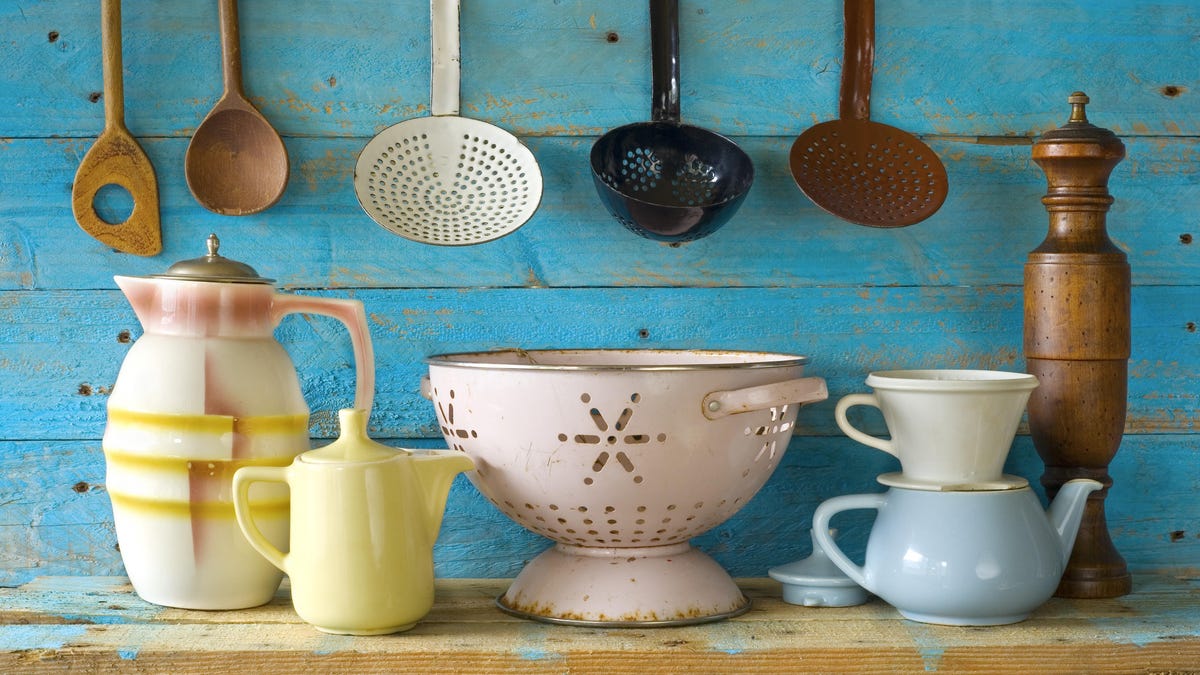The Best Ways to Reuse Old Kitchen Tools

When it comes to kitchen tools and other household items that have passed their useful life, people usually fall into one of two camps: those who throw something away as soon as they notice a defect and replace it with something new. ; and those who continue to use the old thing for as long as possible, then buy a new one, and keep the old one “just in case.”
Of course, a lot depends on the condition of the kitchen tool, especially whether it is suitable for cooking, but unless the item is truly completely broken, there is a good chance that you will be able to use it somewhere else in your home or garden. Here are some examples.
New uses for old kitchen tools
Instead of throwing away outdated kitchen tools, use your imagination and come up with ways to reuse them in other parts of your home, garage or yard. Here are some examples:
Putty knife
The word spatula is used to describe many different kitchen tools; in this case we mean a flat piece of silicone or rubber with at least one rounded edge, attached to a long, flat handle. In the kitchen, you may have used a spatula to scrape leftover cake batter from a bowl or sauce from a pan.
If, after making tomato sauce, your spatula permanently turns orange or starts to crack, you may decide not to use it for cooking anymore. Instead, you can use it to pour out the last drops of paint, stain or polyurethane from the can.
Colanders and sieves
If your trusty metal colander or strainer is rusty, use steel wool to remove as much rust as possible, then use it for gardening. Many houseplants need pots with drainage, and these former kitchen utensils work great. You will need to find a larger outside pot or planter that will fit the colander, but this should not be difficult.
Chips or cracks in teapots or jugs
Thinking about throwing away your chipped or cracked ceramic teapot or glass pitcher (or measuring cup)? If it can still hold and pour water, use it to water your plants. You can do the same with a slightly rusty metal kettle (using steel wool first to remove as much rust as possible).
Scraper bench
Have you inherited a relative’s kitchen utensils but don’t use most of them? If there is a scraper somewhere in that box, you can use it to clean up a small amount of sawdust from drilling holes in the wood or any other small debris on your workbenches.
Potato masher
When you’re no longer using it to break up potatoes, a potato masher is great for breaking up clumps in bags of soil or sand.